While we are still a long way away from achieving full legal equality for LGBTQ+ people, the community has made significant gains. Just a few decades ago, we had state laws banning LGBTQ+ folks from adopting or fostering children, legal marriage wasn't an option for same-sex couples, and denying someone a job because of their sexual orientation or gender identity was legally permissible in every state in the nation. All of that has changed.
But on November 4, the Supreme Court will hear a case -- Fulton v. City of Philadelphia -- that threatens to eviscerate that hard-won progress we've made against discrimination that has branded us as unfit to raise children, unworthy of legal recognition of our families, and undeserving of employment, housing, and other essentials of life.
Our communities' progress did not come easily. Putting an end to exclusions from adopting and fostering took nearly three decades of advocacy and activism and ACLU clients who had the courage to stand up to this particularly heinous form of discrimination. Our ACLU's first legal challenge to a law restricting prospective LGBTQ+ parents was filed in 1990 against Florida's notorious ban on adoption by "homosexuals." We lost that case, and a few more challenges to the law. It wasn't until 2010 that our case on behalf of Martin Gill, who was seeking to adopt two brothers in his care, resulted in the ban being struck down. It required us to put on a trial demonstrating that the awful myths about gay parents were baseless and refuted by the scientific research on LGBTQ+ parents and the well-being of our children.
When the Missouri Department of Social Services turned down Lisa Johnston's application to become a foster parent because she's a lesbian, we sued in 2005 and she won. Arkansas had a law on its books that barred any household with an queer adult in it from being approved as a foster home. We sued on behalf of four prospective foster parents and won at the state supreme court in 2006. After this victory, anti-LGBTQ+ advocates put the issue on the ballot and passed a new foster parent restriction. We sued and again won a ruling from the Arkansas Supreme Court in 2011.
It wasn't until 2017 that the last ban on adoption or fostering by LGBTQ people was struck down by the Nebraska Supreme Court. By the time this victory was won, it had been nearly a decade since our clients Todd Vesely and Joel Busch had first attempted to become foster parents. But these wins haven't happened in a vacuum.
In addition to no longer being barred by law from adopting and fostering children, LGBTQ+ communities now have the right to marry in every state in the country. This too was the product of a decades-long struggle to change the hearts and minds of the public, lawmakers and ultimately the courts. And after generations of courts rejecting our claims that we fall within the protection of federal law prohibiting employment discrimination the Supreme Court issued a landmark ruling affirming that federal workplace law bars employers from discriminating against employees because they are LGBTQ+.
Those opposed to these moves toward equality -- those who think LGBTQ people and our families are less worthy of recognition and respect -- have shifted their strategy to securing a license to discriminate based on their religious beliefs. They claim that the Constitution entitles those with religious objections to our relationships or our families to opt out of non-discrimination laws that protect LGBTQ+ people.
This very issue is now before the Supreme Court in Fulton v. City of Philadelphia. The case was brought by a taxpayer-funded foster care agency, Catholic Social Services (CSS), that claims that it has a constitutional right to disregard the city's non-discrimination requirement and turn away prospective foster families headed by same-sex couples.
This case raises serious alarms about the future place of LGBTQ people and other minorities in this country. Should the court accept CSS' claim, it would not only allow government-funded foster care agencies across the country to turn away LGBTQ+ prospective foster parents, but other government-funded service providers could be allowed to deny people access to homeless shelters, food banks, and many other critically important government services.
Establishing a constitutional right to discriminate when the discriminatory treatment is religiously motivated would also gut all federal, state, and local laws that prohibit discrimination based on sexual orientation and gender identity in the workplace, public accommodations, and beyond.
The stakes in this case couldn't be higher for LGBTQ+ people, who face the possibility of the Supreme Court creating a constitutional right to discriminate against us in every aspect of our lives. But the impact of this case is not limited to our community alone. The agency in this case objects to same-sex couples, but there are other agencies that have religious objections to accepting families that do not share their faith or religious practices, including the largest taxpayer-funded foster care agency in South Carolina, which accepts only evangelical Protestant Christian families and has turned away Catholic and Jewish families. Given the diversity of religious beliefs in our country, if the court establishes a right to religious exemption from non-discrimination laws, the types of discrimination we could see would be limitless. And every state would be forced to tolerate it.
Establishing a right to discriminate based on religious beliefs puts members of all minority communities at risk of discrimination. No one should be turned away from a foster care agency, homeless shelter, restaurant, or job because of their sexual orientation, gender, faith, or race, regardless of what motivates the discriminatory treatment. In the case of foster care, those who would pay the highest price are the more than 400,000 children in foster care across the country -- many of whom spend years in group homes. These children cannot afford to have prospective foster or adoptive families cast aside because of their sexual orientation, faith, or any other reason unrelated to the ability to support and care for a child in foster care.
Leslie Cooper is the deputy director of the ACLU's LGBT & HIV Project, and counsel in Fulton v. City of Philadelphia.




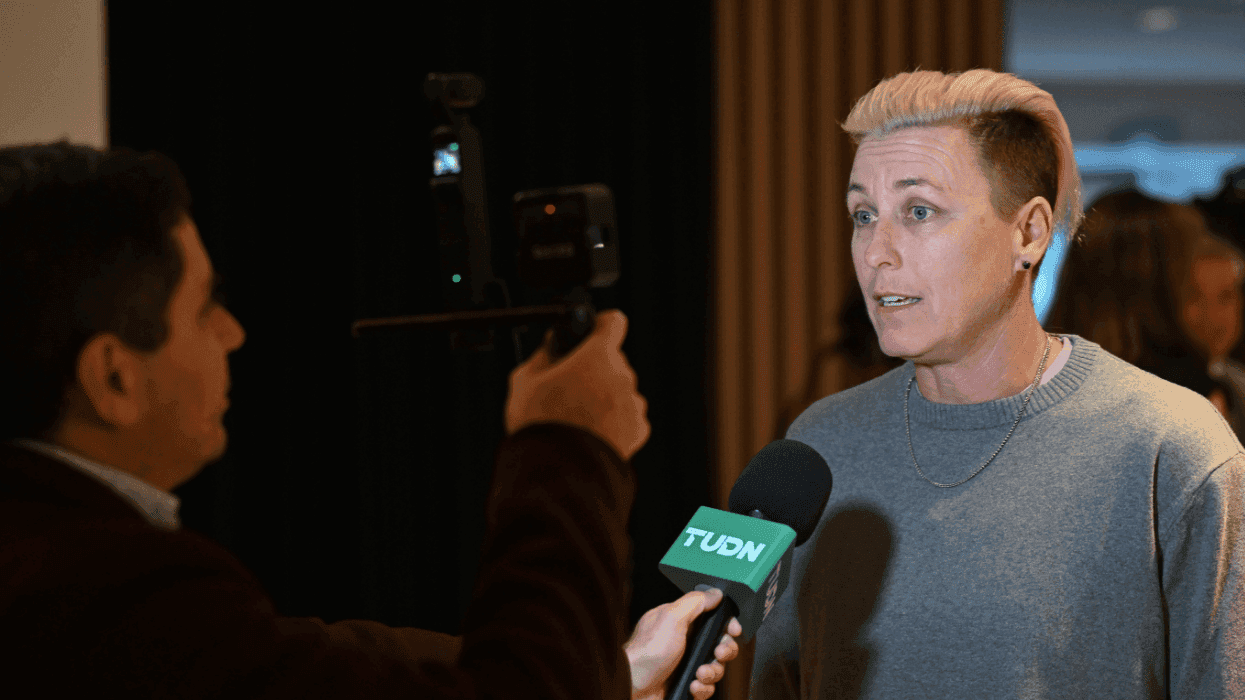















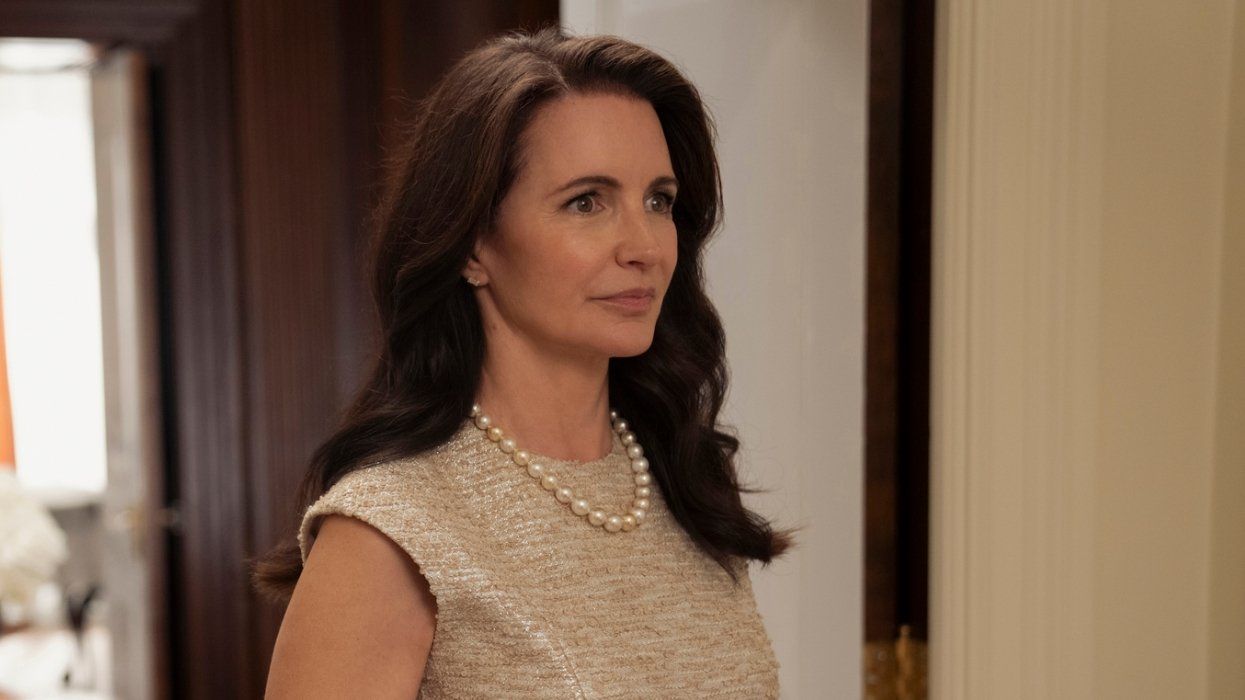
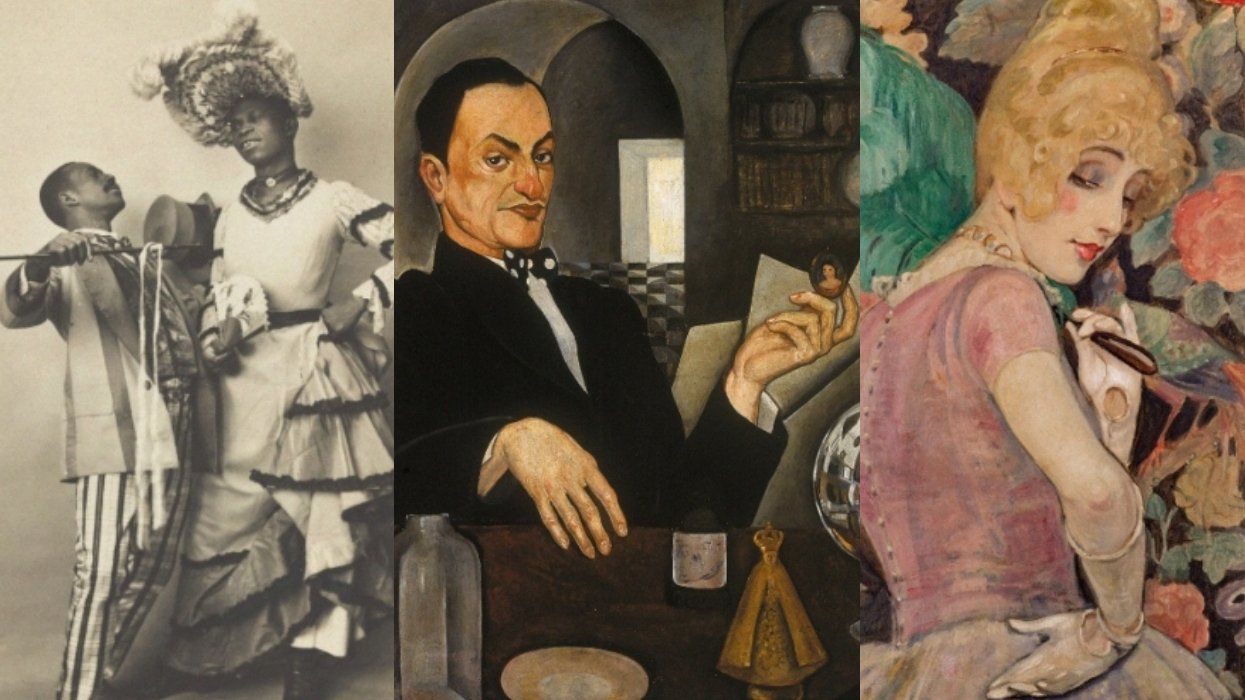


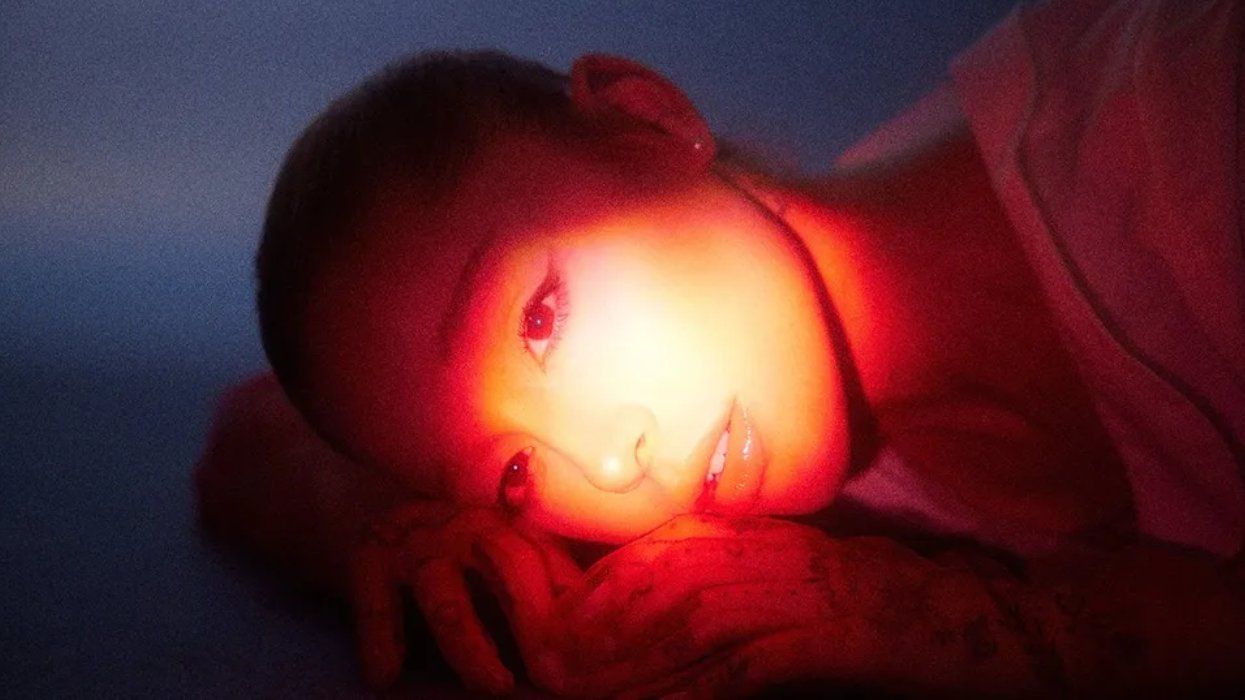
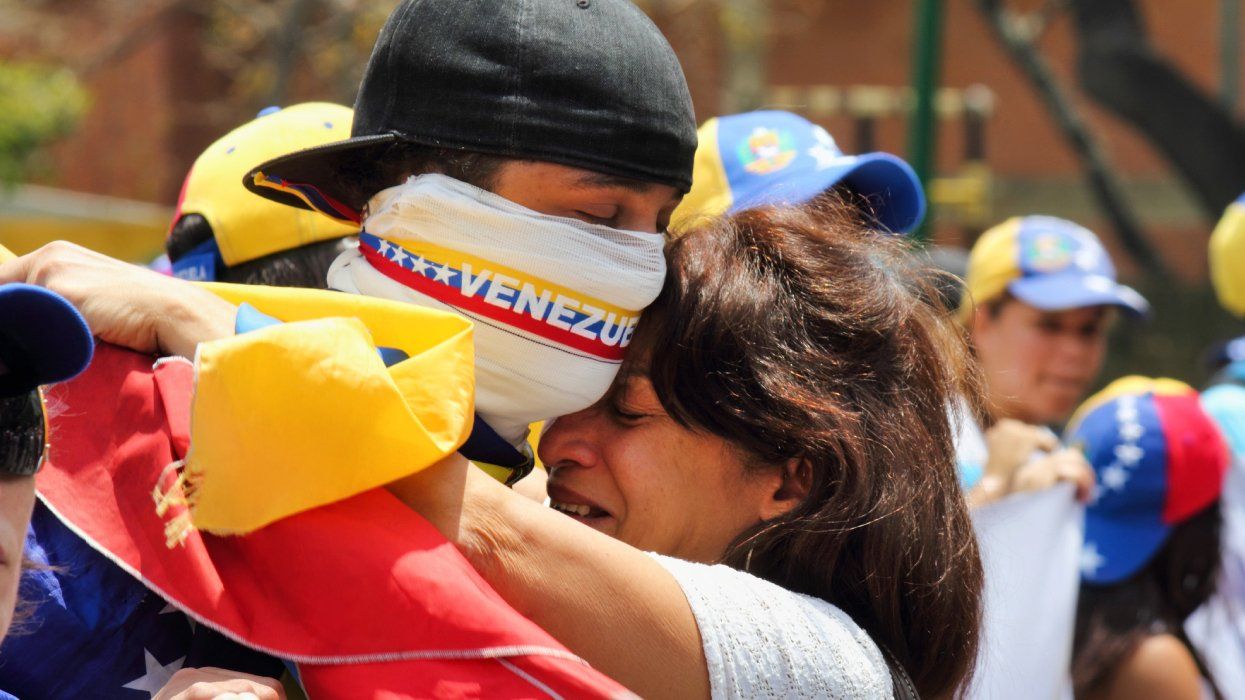
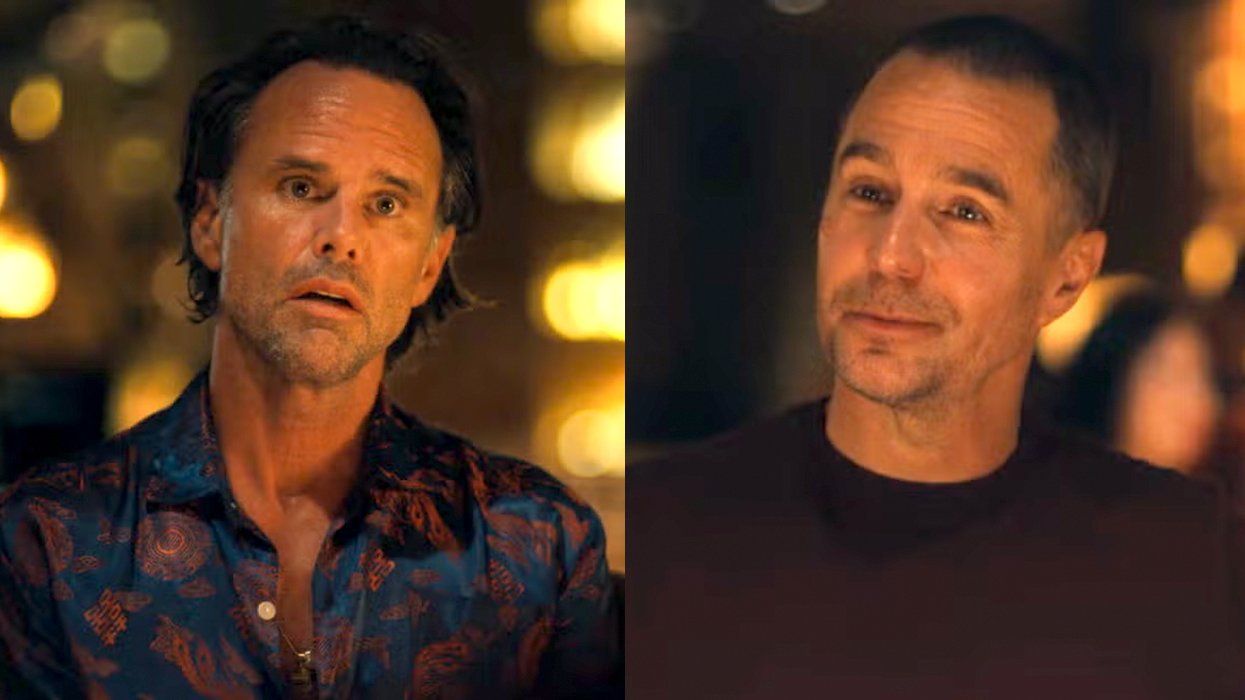



LGBTQ+ Family Rights Could Be Pushed Back Decades in SCOTUS Case
“The stakes in this case couldn’t be higher for LGBTQ+ people, who face the possibility of the Supreme Court creating a constitutional right to discriminate against us in every aspect of our lives.”